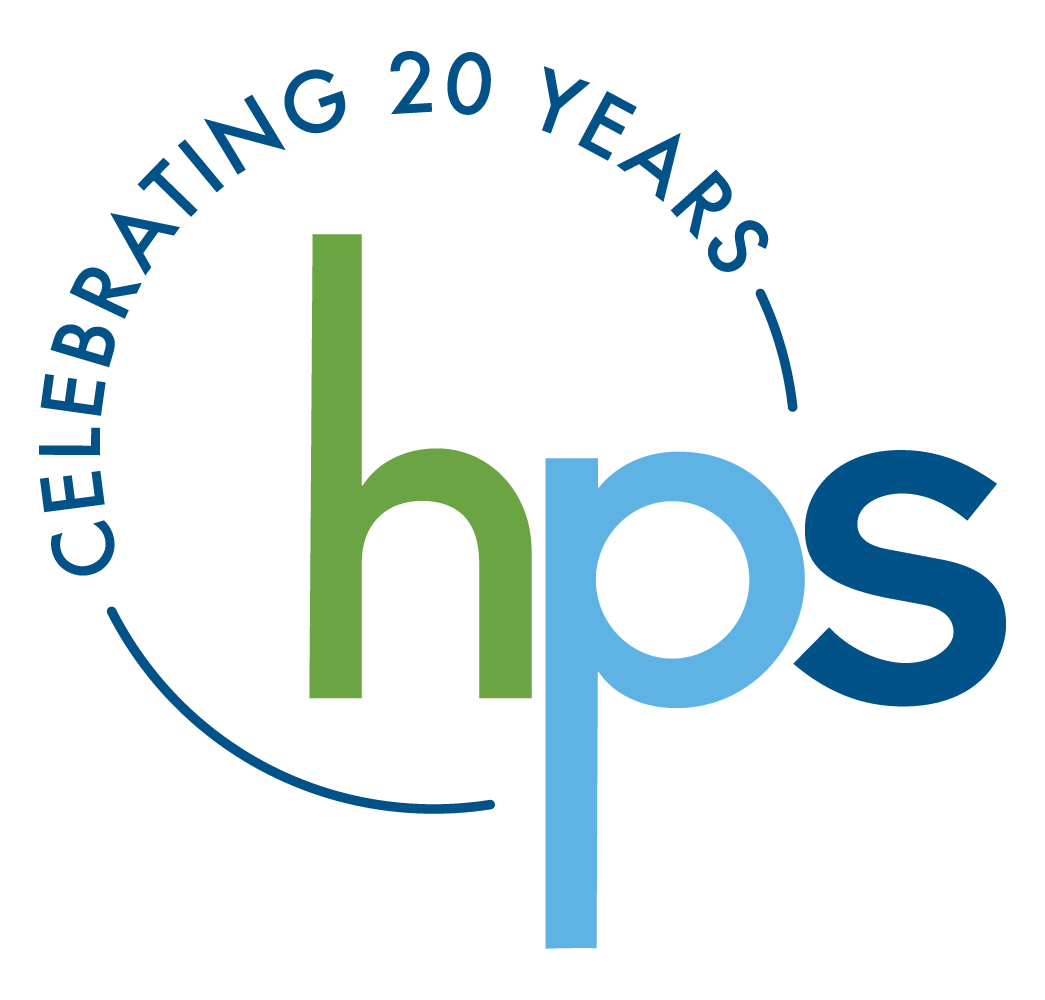NEW SMFM Checklist for Treatment of Catastrophic Amniotic Fluid Embolism
NEW SMFM Checklist for Treatment of Catastrophic Amniotic Fluid Embolism
In April 2021, the Society of Maternal-Fetal Medicine (SMFM) issued a statement paper to provide guidance to obstetrical providers on managing the care of patients with amniotic fluid embolism (AFE) through a checklist created from standard management guidelines.
The Society cited the rarity of AFE and limited experience of obstetrical providers on the management of AFE as the purpose for issuance of the statement paper.
The sample checklist is intended to cover the immediate management of AFE in the labor and delivery unit when a rapid response is critical and focuses on the personnel likely to be involved during this time (i.e., obstetrician, anesthesiologist, and L&D nurses).
Since cardiac arrest accompanies many cases of AFE (and because the authors found the task of combining a detailed cardiac arrest checklist and AFE checklist too complex), the suggested checklist for management of AFE focuses on after the patient has been resuscitated following cardiac arrest.
It was noted that Cesarean delivery will improve maternal hemodynamics and should be started within four minutes in a patient undergoing cardiopulmonary resuscitation to increase the probability of successful resuscitation (resuscitative hysterotomy).
SMFM also expressly recommends that facilities adopt the checklist, modifying as necessary to fit facility-specific considerations and resources.
As part of the adoption of a checklist for management of AFE, the statement also encourages optimal implementation of the AFE checklist through assembly of a multidisciplinary team, providing education to the staff on the location and content of the checklist, training through the use of simulation and drills of AFE scenarios, and conducting a sentinel event analysis after each AFE case.
Hospitals are encouraged to review the SMFM statement and consider whether there is a need for implementation of additional education or training on the management of AFE.
To read the SMFM’s statement paper please click here (link from SMFM’s website).
Disclaimer: This publication is not intended to provide legal advice but to provide general information on legal matters. Transmission is not intended to create and receipt does not establish an attorney-client relationship. Readers should seek specific legal and/or medical advice before taking any action with respect to matters mentioned in this publication. The attorney responsible for this publication is Katherine Dzik. This post constitutes a form of attorney advertising as defined by some state bar associations.


